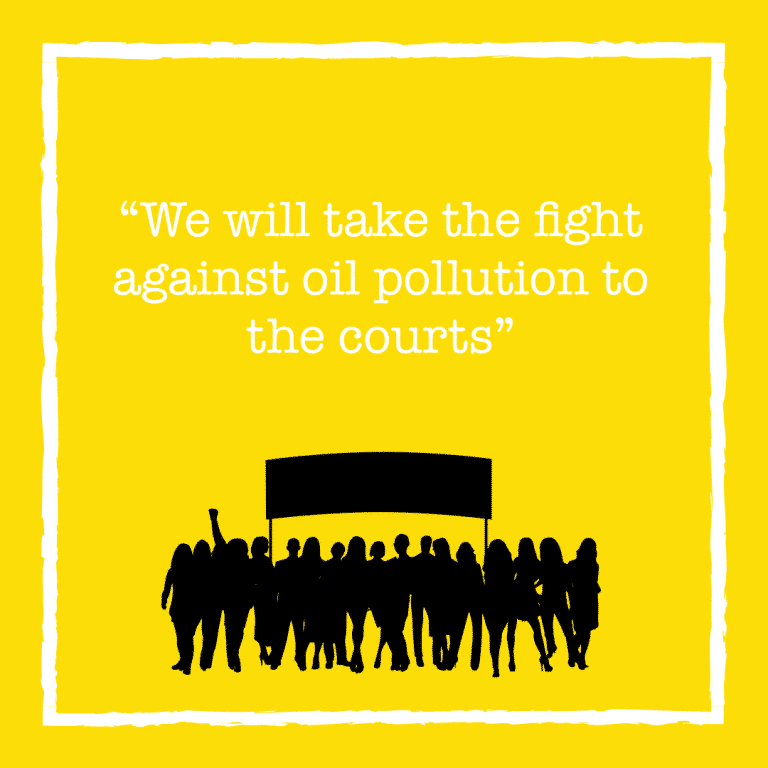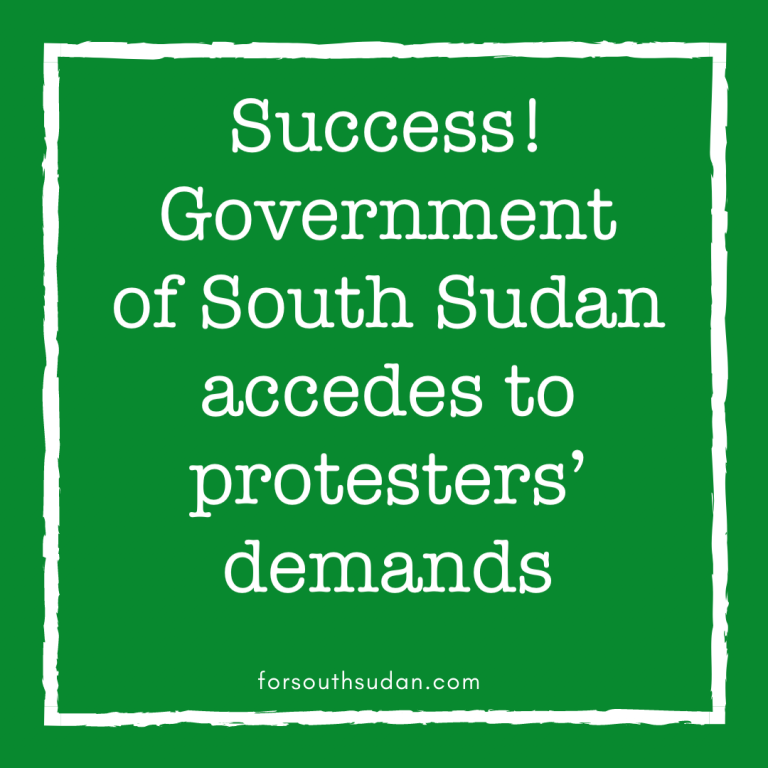A reporter’s searching look at a major and growing crisis
Pollution in South Sudan: human suffering through inhumane greed
by Joseph Oduha
May 27, 2019
In 2018, I started reporting on oil pollution in South Sudan. I quickly learned that this entailed quite a bit more than merely gathering facts and comments, that it meant – quite literally – getting acquainted with the smells, sights and feel of poisoned water and land – and experiencing first-hand the suffering that it causes.
My year and a half of reporting have yielded a number of articles – and a growing number of burning questions.
Such as:
How could the government and its agencies bear to stand by and let the people living in and around the country’s oil fields die upon their watch?Even worse, how could the people staffing these authorities reconcile their concealing this fact by telling lies about it with their consciences?
During my months of reporting, I have in fact gotten to know civil servants in South Sudan who are conscientiously trying to protect the country’s people and environment. But their – often heroic – efforts have yet to make a dent in the crises ensuing from the immoral practices being perpetrated by such oil companies as Petronas of Malaysia and China National Petroleum.
The net result of their failure: the exploration for and pumping of oil have given rise to one of South Sudan’s worst environmental disasters. An authoritative survey completed more than year ago pegged the number of the victims of their consumption of poisoned water at 600,000. This figure has no doubt strongly risen over the past year +.
The results of this consumption of poisons – and specifically of lead include – as detailed in cries for help stemming from these region – the large numbers of women giving birth to stillborn and horribly deformed babies and the widespread outbreaks of new and grave ailments; and the like.
These results join with other unconscionable effects in making the perpetrators of this environmental disaster – notably Petronas of Malaysia and China National Petroleum – legally liable for the crimes that they have committed against the people living in the Bentiu and Tharjath areas.
The government of South Sudan is well aware of these crimes – as shown by its repeated promises to take remedial actions. The government’s failure to do such manifests a fact about it: the government simply does not care about its people.
A number of experts have advanced proposals as to the configuration and implementation of these remedial actions. These proposals foresee the provision of medical treatment to and compensation for the victims of oil pollution. This is to be accompanied by the supplying of such basic services as education and clean water.
The government’s failure to take these actions is obviously motivated by its prime concern – staying in power by employing the revenues from oil to finance the militias and other forces enabling it to keep its grip on power. Another use by this small, corrupt elite of revenues: the purchasing of luxury items abroad.
This drive to maximize revenues has caused it to accede the oil companies’ failure to adhere to environmental standards.
This need to maintain power has resulted in years of wars and forced migration. To date, some 400,000 people have been killed in South Sudan. Millions have survived only by fleeing their homes and the country.
And these mutually-compounding crises of war, pollution and corruption, and the suffering are only going to get worse.
Over the last few months, the government of South Sudan has announced – and is implementing plans to greatly expand oil production.




